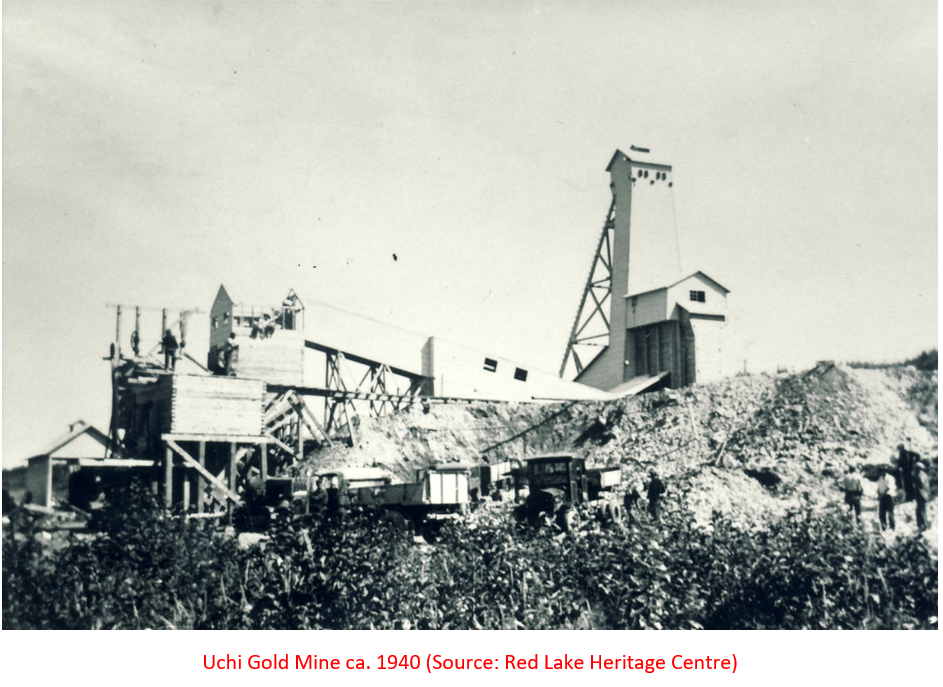“But today that prosperity is at risk. Five years of anti-energy,
anti-western and anti-growth policies from the Trudeau Liberals
have decimated Alberta’s economy.”
This month marks the 90th anniversary of the Natural Resources Transfer Agreement, the constitutional reform that created the economic foundation for the dynamic and prosperous Alberta of the past six decades.
Alberta and Saskatchewan achieved provincial status in 1905, but NOT on equal terms. Ownership of Crown (public) lands and natural resources were not granted to the two new provinces.
This was a radical departure from the practice in the rest of Canada, under which all other provinces did control their own natural resources. We were officially second-class provinces.
























